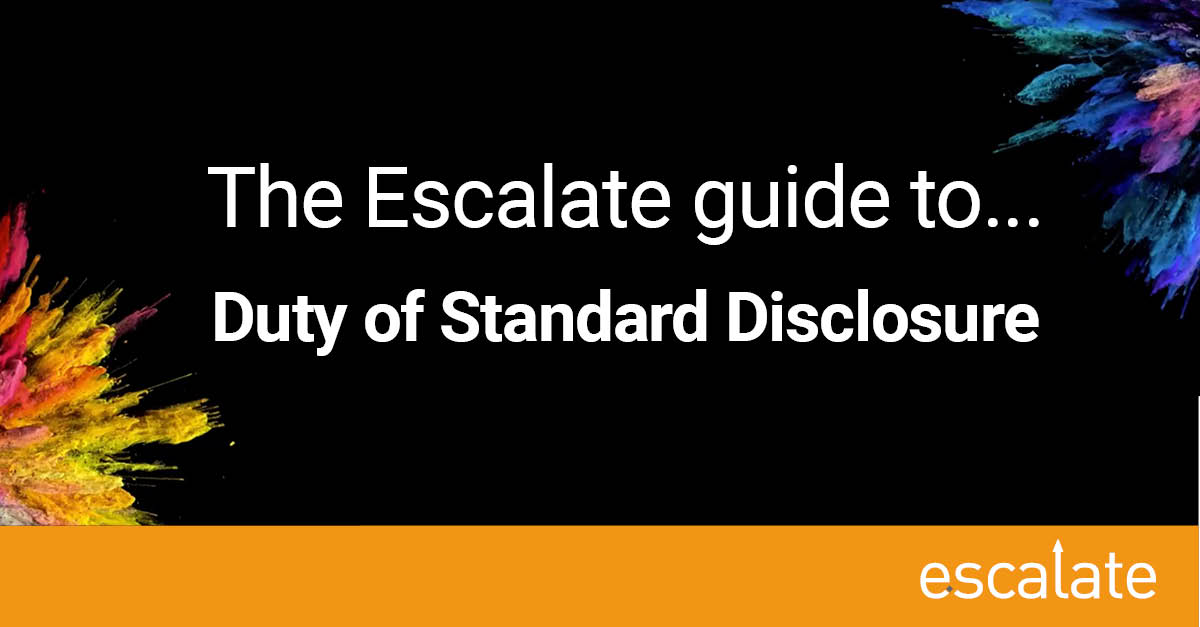Continuing on from our successful Dispute Resolution Guide series, we’re taking a closer look at duty of standard disclosure – what it involves, and what your obligations are in the disclosure process.
Disclosure is a technical part of litigation which requires a careful, thorough approach, in order to comply with the Civil Procedure Rules. The rules around duty of standard disclosure are in place to help ensure a fair trial in court, to help achieve justice for both parties during the litigation process.
What is duty of standard disclosure?
Claimants and defendants involved in litigation proceedings are required to disclose relevant documents during their court hearing.
At this point, both parties must each sign a ‘disclosure statement’. This statement confirms that their duty to disclose under the Civil Procedure Rules has been understood and that, to the best of their knowledge, this duty has been undertaken.
A list of documents which are to be disclosed will be attached to the disclosure statement, and each party will have to certify that this is a complete list of all documents that have been in their control, and that they are obliged to disclose.
All parties involved in the case have the right to view and inspect copies of the documents disclosed, for complete transparency.
What documents are required to be disclosed?
Any of the following documents which are currently, or have previously been in your control:
- The documents upon which you intend to rely on in court;
- Documents that adversely affect your own case, or that of any third party’s case, or that support another party’s case;
- Any document that your legal representative may inform you should be disclosed under a relevant practice direction.
Duty of standard disclose is only concerned with documents – which can be anything in which information is recorded – both hard copies and electronic documents. The latter includes all documents created by, or stored on a computer, such as:
- Off-site computers, including laptops, employees’ personal computers, personal digital assistants and hand held devices;
- All databases, servers, archive facilities and back-ups;
- All programmes including Excel, Powerpoint etc (or the equivalent), web facing applications and mail files.
It’s sensible to ensure that all information stored on computer systems is easily accessible from the perspective of a reasonable search, and that an adequate document retention system is in place. If litigation is being considered, or proceedings have been served upon you, we would recommend stopping any automatic deletions of electronic documents such as emails.
Ideally, a system ought to be in place for identifying how documents within your business are created and stored, and how easy it would be to retrieve such documents.
Copies of documents must be disclosed separately to the original, if they contain any modifications or marks (e.g. handwritten notes or other comments), upon which you intend to rely or which adversely affects your case, or supports the opponent’s case.
How extensively must you search?
The short answer is that you are required to make a ‘reasonable search’.
The facts relevant in deciding reasonableness will include the number of documents involved; the nature and complexity of the proceedings; the ease and expense of retrieval; and the significance of any document likely to be located. This list isn’t an exhaustive one, but it outlines the usual factors of relevance.
If you’re unsure about the reasonableness of your search, your legal team will be able to give you specific advice.
You must inform your legal representative if you do not search for a category or class of document on the grounds that it would be unreasonable to do so. This is because the disclosure statement must be amended to explain your reasons, and identify the class or category of document.
It does not matter whether documents are adverse to the disclosing party’s case; they must still be disclosed.
What about privileged documents?
You may wish to claim that a document should be withheld from inspection by the court or other party, because it is privileged. If so, you must still disclose the existence of that document, but explain why you claim privilege in the relevant section of the List.
Privileged documents fall into three categories only:
- Documents that are self-incriminating in respect of some criminal offence;
- Legal professional privilege – usually documents passing between a solicitor and their clients, or a solicitor and third parties where the dominant purpose of the document is to use it to obtain legal advice, or to help in the conduct of litigation that was at the time reasonably contemplated;
- Without prejudice communications made with the intention of seeking a settlement of litigation. The privilege applies even if the words ‘without prejudice’ are not used, provided the purpose was to seek a settlement. Equally, use of such words will not attract privilege if the document does not relate to settlement negotiations.
Again, privileged documents fall into a complex area of the law, which your legal advisor will be able to personally advise you further on.
Who should sign the disclosure statement?
The signatory must have an understanding of the duty to search, and also knowledge of the documents and issues in the case.
In complex cases, the person signing may be required to be present at a Case Management Conference, or any other hearing where the issue of disclosure arises.
If you are in any doubt as to whether or not a document should be disclosed, you should pass it to your legal representative so that they can advise you on the issue.
Escalate has extensive experience with the handling of duty of standard disclosure during litigation proceedings, and a successful track record in recovering millions for SMEs involved in commercial disputes. The complete Escalate Guide to Duty of Standard Disclosure is available to download here, or you can view the other ‘Escalate Guides to dispute resolution’ here.
If you’d like to get in touch with one of the Escalate team to discuss a commercial dispute, please contact us on 0207 039 1950 or email us.
< News & Views
CONTACT US
Contact Us to find out more about how Escalate can help your business.
Exchange Station, Tithebarn Street, Liverpool,
L2 2QP (Registered office)
London office: 5th floor, 15 Westferry Circus, London, E14 4HD
Escalate Law Limited
Company No: 10381993
Authorised and regulated by the Solicitors Regulation Authority
Escalate Law Limited (No: 650666)

